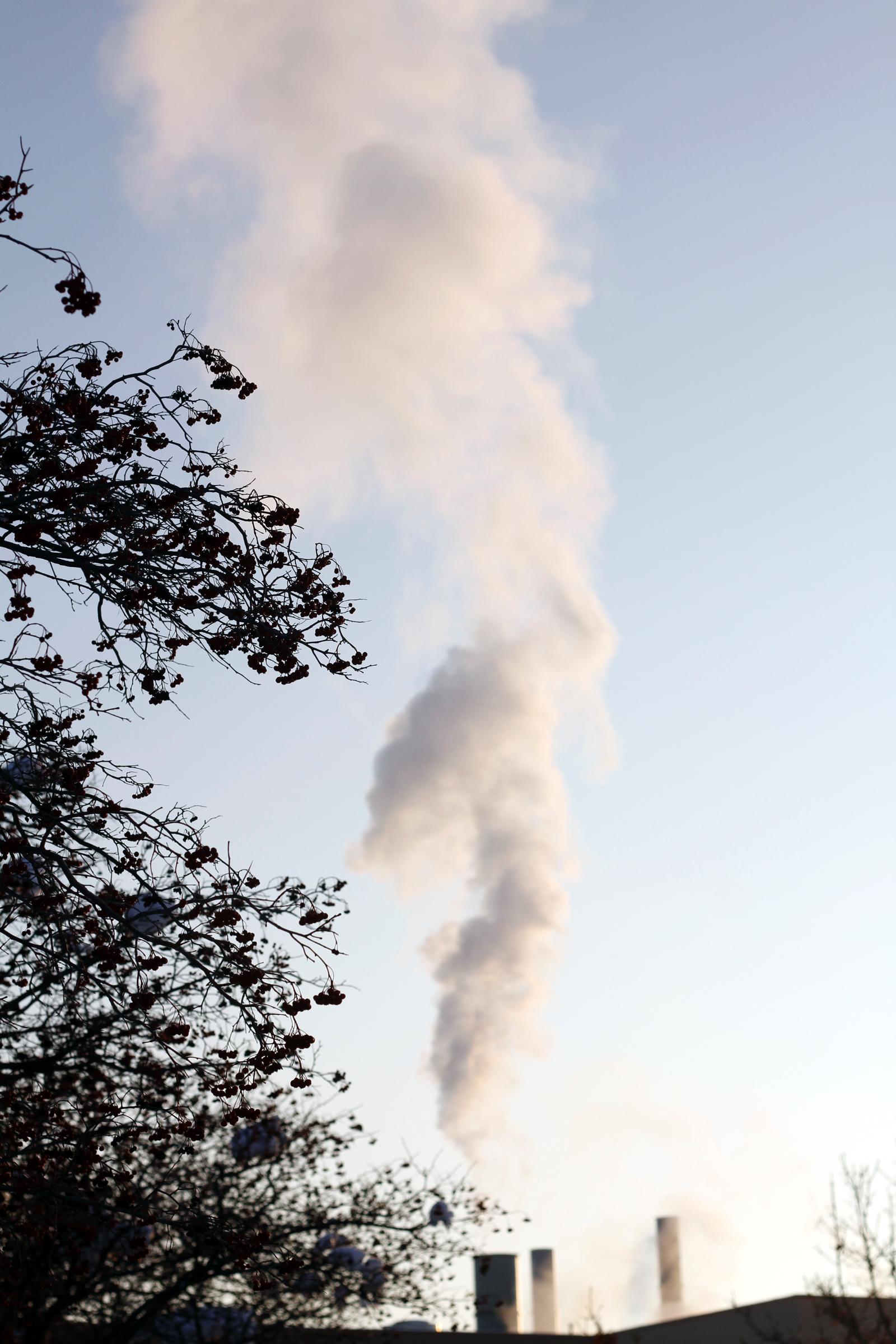Clearing the air
A new Cache County ordinance under consideration may require Logan citizens to have emissions testing on their vehicles.
“They haven’t done it yet,” said Cache County Executive Lynn Lemon. “I think it will happen within the next three months.”
Lemon said a new car would possibly be exempt from emissions testing for the first six years. He said vehicles manufactured after 1996 would have an on-board diagnostics test, which is a computer chip that identifies whether or not the car is functioning properly. Vehicles older than 1996 would undergo a tailpipe emissions test.
Lemon said in the past, the county hasn’t seen a need for the ordinance.
“I think the reason we resisted it is because it’s not that effective,” Lemon said. “What it will do is reduce emissions from automobiles by about 5 to 6 percent.”
Angelo Papastamos, planning manager for the Utah Department of Transportation, met with Logan City Transit and USU officials Thursday to discuss ways Cache Valley can reduce travel and improve air quality.
“Our TravelWise program started about three years ago,” Papastamos said. “We’re really trying to encourage people to not drive in their single-occupant vehicle. That’s the basic goal to it.”
TravelWise is in partnership with UTA in the Wasatch Front area as well as cities and private businesses.
“We’re working with citizens, businesses, agencies, anyone who will listen to us to talk about this,” Papastamos said. “It’s very challenging to work at UDOT in this arena when we’re building highways, but we’re very excited to be up here. We think there’s a lot of great things that could happen up here.”
The three main goals of TravelWise are to improve air quality, reduce energy usage and optimize mobility. TravelWise consultant Kim Clark said strengthening the economy is a recent addition to the list of goals.
“It really is behavior change,” Clark said. “It’s not something that we can engineer people to do, per se. There are things that we can certainly do, but a lot of it is a mindset that we really need to get into and change.”
During the meeting, a USU professor of agricultural applied economics presented ways Cache Valley could reduce its travel, including the idea of business owners leasing parking spots to employees. He said the business would give each employee a parking space with the option for the employee to sell it back for a substantial amount. That way, more employees would be willing to carpool.
The Cache Metropolitan Planning Organization conducted a statewide survey monitoring the home to work travel of 808 households in spring 2012. The participants were asked to track their trip patterns and report for each member of the household.
The results showed Cache County has the largest number of citizens who use bicycles or walk to and from work than any other county in the state. Cache County has 4.3 percent of people who bike to work, the next highest being Washington County with 2.4 percent.
However, sustainable communities extension specialist Roslynn Brain said she still thinks more people need to carpool or find alternate transportation.
“To be perfectly blunt, it’s pretty pathetic the amount of people who are driving alone,” Brain said. “You can pretty much walk anywhere in Logan.”
An alternative to driving or walking in Logan is the free transit system in the valley.
Todd Beutler, general manager and CEO of Cache Valley Transit District, said they have tried programs in the past to boost the incentive of using the free transportation in Logan. He said they’ve worked with businesses, encouraging employees to ride the bus to work.
“Essentially you’re giving your employees a raise because of that gas money they save, but it doesn’t cost the business anything,” Beutler said. “We try to do that kind of education.
It is a challenge though. Every business has unique things they’re trying to address.”
Clark said they don’t want to make transportation habits a mandate for businesses.
“You’ve got to be careful,” Clark said. “You don’t want to tell people how to run their business, you want to give them ideas on what they can do to improve their business.”
A TravelWise Business Symposium workshop is being planned for Cache Valley residents in April, where businesses and citizens can be educated on ways to improve air quality.
“No one wants bad air,” Clark said. “No one wants to breathe that in. I think everyone is willing to work toward that solution.”
– tmera.bradley@aggiemail.usu.edu
Twitter: @tmerabradley

